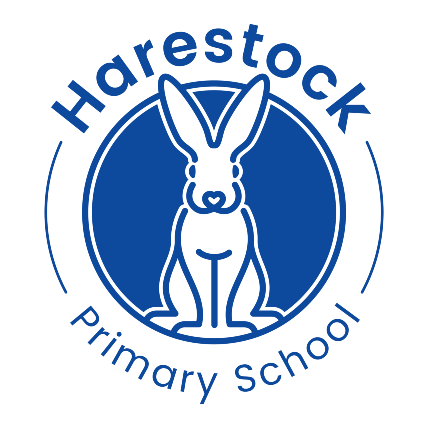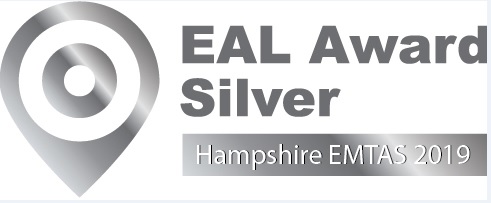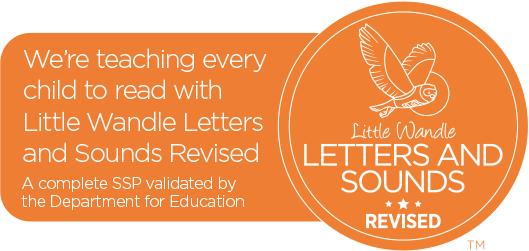Assessment
Assessment at Harestock
At Harestock Primary School we assess the children continuously through both formal and informal methods. This ensures that we can build up an accurate picture of your child, noting especially their strengths and their needs. A structured programme of learning can then be set at an appropriate level to help your child to progress socially, emotionally and academically.
Staff are skilled at identifying what children can do in relation to age related national expectations and formulating targets so that their learning can move on. We use an assessment model based on the achievement of national curriculum objectives in specific terms to help us identify which children are on track for achieving age – related expectations by the end of the year and which children are at risk of not achieving this. Interventions are then put in place for any child who needs extra support to reach their full potential.
Children in Year R will take part in a national activity based assessment referred to as Baseline. They continue to be assessed and measured against the Early Learning Goals at the end of the year. At the end of the Key Stages, in Years 2 and 6 your child will take part in nationally set Standard Attainment Tasks and Tests (SATs). In addition, pupils in Year 1 all take part in national phonic screening checks. Results of these are reported to parents. Further details about SATs are available from school.
Current levels of attainment via teacher assessment will be reported at Parents Evenings and through a yearly report. Harestock Primary School is committed to building a full picture of each child’s ability. This will be based on continuous observation and assessment, not just on tests.
Assessment and the National Curriculum
How do we assess your child?
At Harestock, we assess children’s work through teacher assessment. Teachers assess how well a child is doing primarily through questions and discussions to ascertain knowledge and understanding during lessons, through marking children’s work and observing children learning. Learning support assistants support teachers with finding out information about children. Children are included in the assessment process through self and peer assessment (children work with their peers or by themselves to check and improve their work). Children are also expected to describe, explain and reason about their learning, responding to questions such as ‘why?’ ‘What happens if…?’ Information collected about children’s strengths and areas for development is used to target questions, support or deepen children’s understanding, plan lessons, group work and set targets for learning. We call this ‘assessment for learning’ – the daily assessment which happens in the classroom and is central to our assessment processes. Teachers may also use short written assessments throughout the year to support their teacher assessment, to check children’s understanding and monitor the progress children are making.
National Tests
At certain stages of schooling there are also national tests which must be taken by all children in state schools. Children continue to have a phonics screening check at the end of year 1. Often informally known as ‘SATs’, the National Curriculum Tests are compulsory for children at the end of Year 2 and Year 6. Children in these year groups will undertake tests in Reading, Mathematics, and Grammar, Punctuation & Spelling. The Year 6 tests will be sent away for marking, and results will be reported to schools and parents at the end of the year.
From 2016, the tests will be reported as a scaled score, with a score of 100 representing the expected score at the end of Year 6.
High Achievers
If your child is achieving well, rather than moving on to the following year group’s work, teachers will encourage more in-depth, rich and investigative work to allow a greater mastery and understanding of concepts and ideas.
What are children expected to achieve?
At the end of each academic year, the government expect that the majority of children achieve age related expectations (ARE) in the core subjects of English and Maths. To achieve this, children must have a secure and deep understanding of the vast majority of the curriculum areas covered in their year group. To support children in achieving ARE, teacher at Harestock assess regularly against all national curriculum areas.
Autumn and Spring term parent-teacher meetings will provide information about your child’s progress and whether or not they are on track to achieve end of year expectations. End of year reports will confirm whether your child has achieved end of year ARE. The expectation is that the majority of pupils will move through the curriculum programmes of study at broadly the same pace. If a child is not secure in a particular curriculum area, he/she will continue to work on this area before moving on, regardless of what year group they are in. For specific information about children with special educational needs. Please see our SEN policy or contact our SENCO for more information by emailing adminoffice@harestock.hants.sch.uk.






